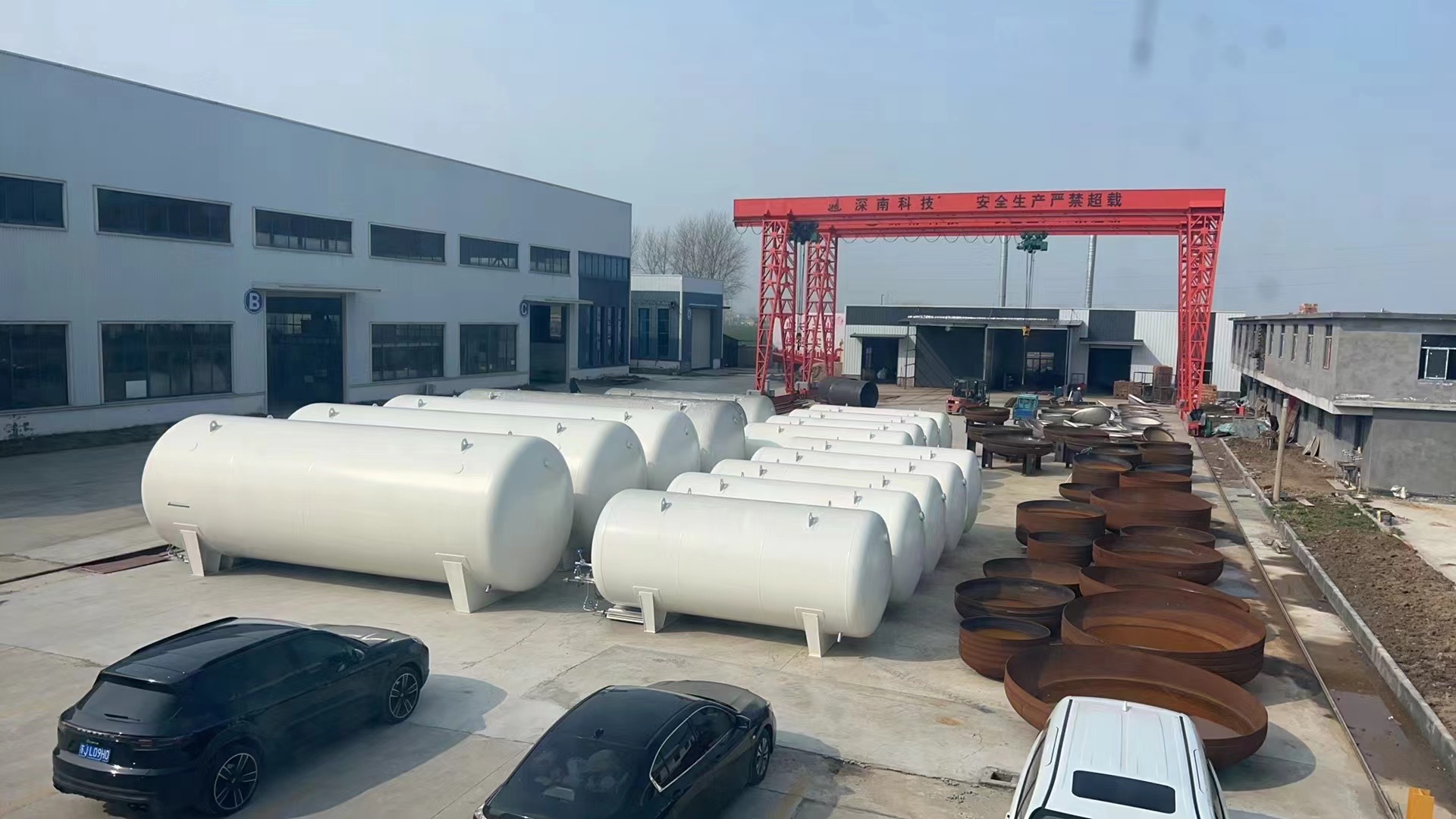Stainless steel is widely considered one of the best materials for cryogenic containers due to its exceptional strength and corrosion resistance, even at low temperatures. Its durability and ability to maintain structural integrity make it an ideal choice for both original equipment manufacturer (OEM) cryogenic storage tanks and atmospheric pressure cryogenic storage tanks. Copper, brass, and certain aluminum alloys are also suitable for cryogenic applications due to their good thermal conductivity and resistance to embrittlement.
At low temperatures, materials such as rubber, plastic, and carbon steel become very brittle, making them unsuitable for cryogenic applications. Even very small stresses can lead to the destruction of these materials, posing a significant risk to the integrity of the storage tank. To avoid cold brittle problems, it is crucial to use materials that can withstand the extreme conditions associated with cryogenic storage.
Stainless steel is widely regarded as one of the best materials for cryogenic containers due to its exceptional strength and corrosion resistance, even at low temperatures. Its durability and ability to maintain structural integrity make it an ideal choice for OEM cryogenic storage tanks and atmospheric cryogenic storage tanks. Additionally, copper, brass, and certain aluminum alloys are also suitable for cryogenic applications, offering good thermal conductivity and resistance to embrittlement.
For large cryogenic storage tanks, material selection is even more critical. These tanks store large quantities of liquefied gases, and the materials used must be able to withstand immense pressures and extreme temperatures. By utilizing high-quality materials such as stainless steel and aluminum alloys, cryogenic storage tank manufacturers ensure the reliability and durability of their products.
The optimal material for cryogenic containers is one that maintains structural integrity and mechanical properties even at extremely low temperatures. Stainless steel, copper, brass, and certain aluminum alloys are well-suited for cryogenic applications, possessing the necessary strength and toughness to ensure the safe storage of liquefied gases. When selecting a cryogenic storage tank, it's important to consider the material used to ensure reliability and performance.
Post time: Jul-30-2025


